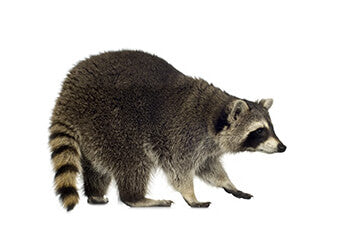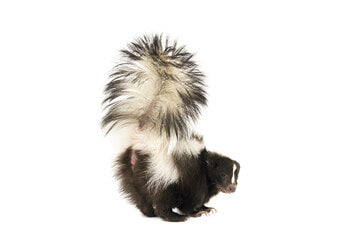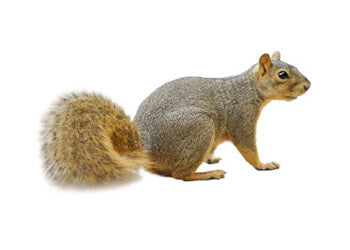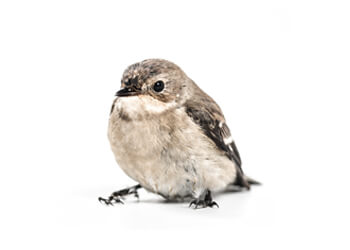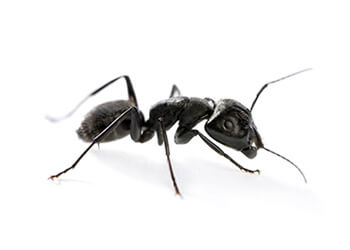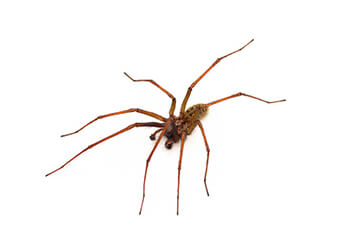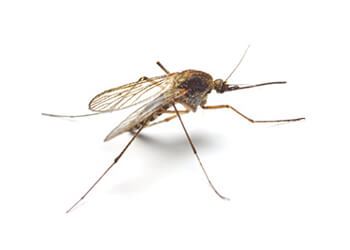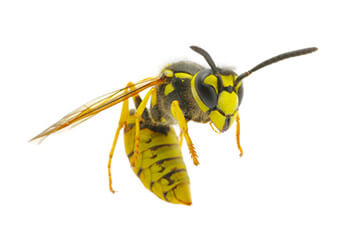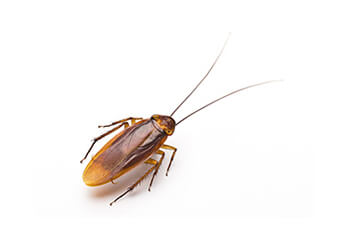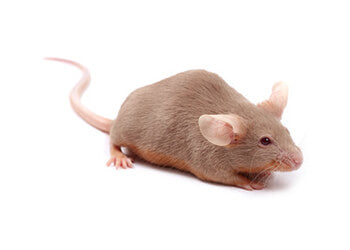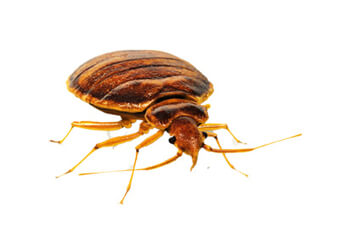Dealing with Wasps or Hornets?
Check out these fast facts about wasps and hornets.

Spend more than a few minutes outside in the GTA during the summer months and you’ll likely see a hornet or wasp buzzing around. While most people think of hornets and wasps as nuisances, they’re actually an important part of our ecosystem, keeping the population of other insects in check.
Check out these interesting hornet and wasp facts and FAQ’s.
Are Wasp or Hornet Stings Fatal?
For the most part, wasp and hornet stings are not fatal. For most people, the sting area will be sore and swollen for a few days, but after that the sting will go away.
However, stings from hornets, wasps, bees and other types of insects can trigger allergic reactions in some people. This is called an anaphylactic reaction, anaphylactic shock, or anaphylaxsis. When this happens, the reaction is much more serious that for someone not allergic to stings, and this can be fatal.
Another case where wasp or hornet stings can be fatal is if someone gets stung multiple times. Wasps and hornets have a defence mechanism where if they feel like their nest is being threatened they will release a pheromone. Other wasps and hornets from the nest will sense this chemical release and attack, resulting in multiple stings that could be fatal.
Do Wasps & Hornets Die After Stinging Someone?
Unlike bees, wasps and hornets do not die after they sting someone. A bee’s stinger is barbed so when a bee stings someone, their stinger gets caught in their skin and ripped from their body, causing them to do. Wasps and hornets do not have barbed stingers so they can sting repeated times without dying.
How Do You Treat a Wasp or Hornet Sting?
When a wasp or hornet stings you, they inject a small amount of poison. Your body reacts to this poison, causing the sting area to get swollen and itch. For mild stings, the best treatment is to wash the area with soap and water. You may apply an ice pack to help control swelling, and if the area is very itchy then you can take an over-the-counter antihistamine.
After treating the sting, call the professionals at Pest Protection Plus to get rid of the nest so no-one will get stung again!
Do Wasps or Hornets Pollinate?
Unlike bees, wasps and hornets do not pollinate. But even though they’re not pollinators, wasps and hornets play an important role in our ecosystem: they eat insects such as spiders, flies, ants, caterpillars and bees, so they do control the populations of other insects. Hornets and wasps also like sugary foods, so if you’re drinking pop or fruit juice outside and there are hornets or wasps in the area they’re likely to pay you a visit!

